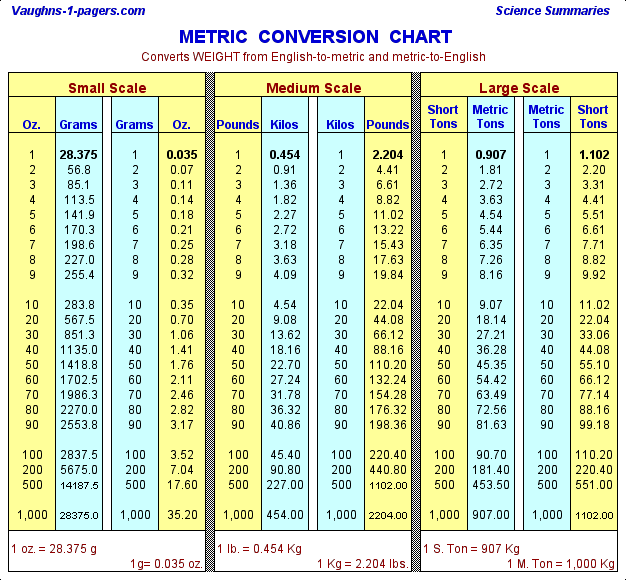Mastering Dry Weight Calculations: A Comprehensive Guide

Are you struggling to accurately determine the dry weight of your materials? Understanding the dry weight of a substance is crucial in numerous fields, from environmental science and agriculture to chemical engineering and food processing. Inaccurate measurements can lead to flawed research, compromised product quality, and even financial losses. This is where the power of a dry weight conversion calculator comes into play. This comprehensive guide will unlock the secrets of dry weight calculations and empower you to achieve precise and reliable results.
Imagine trying to analyze the composition of soil without knowing the true concentration of its components. Or consider formulating a food product without accurately measuring the dry ingredients. The potential for errors is significant. A dry weight conversion tool simplifies this process by providing a reliable method to determine the weight of a substance after all moisture has been removed. This allows for accurate comparisons and analysis, regardless of varying moisture content in different samples.
The concept of dry weight measurement has been around for centuries, evolving from basic drying techniques using sunlight and air to sophisticated laboratory equipment like drying ovens and moisture analyzers. As industries grew, so did the need for standardized methods and more precise tools. This led to the development of dry weight conversion calculators, which offer a fast and efficient way to determine dry weight based on known moisture content and wet weight. These tools, whether online calculators or built-in features of laboratory software, have become indispensable in numerous fields.
One of the main issues surrounding dry weight calculations is the potential for error. Inconsistent drying methods, inaccurate measurements of wet weight, and incorrect moisture content readings can all contribute to unreliable results. Using a calibrated dry weight conversion tool and following standardized procedures is essential for minimizing these errors and ensuring accurate data. Improperly calculated dry weight can skew research findings, affect product quality, and lead to incorrect dosage calculations in applications like pharmaceuticals.
A dry weight conversion calculator essentially allows you to determine the dry weight of a substance based on its wet weight and moisture content. The moisture content is expressed as a percentage, representing the weight of water relative to the total weight of the sample. The calculator uses this information to calculate the dry weight, which is the weight of the substance without any moisture. For example, if a soil sample has a wet weight of 100 grams and a moisture content of 20%, the dry weight would be 80 grams.
One major benefit of using a dry weight conversion tool is its ability to standardize measurements across different samples. This is particularly crucial in research and quality control, where consistent data is essential for meaningful comparisons. Another advantage is time efficiency. Manual calculations can be tedious and prone to errors. A calculator streamlines the process, providing quick and accurate results. Finally, the use of these tools helps minimize errors associated with manual calculations, improving the reliability of data.
To effectively implement dry weight conversion calculations, start by accurately determining the moisture content of your sample. Use a reliable method appropriate for your material. Then, accurately measure the wet weight of the sample. Finally, input these values into a dry weight converter to obtain the dry weight. Regularly calibrate your equipment and follow standardized procedures for consistent results.
Consider this example: a researcher is studying the nutrient content of different plant species. To compare the nutrient levels accurately, they need to normalize the measurements to a dry weight basis. By using a dry weight conversion tool, the researcher can eliminate the influence of varying moisture content and obtain comparable data across different samples.
Advantages and Disadvantages of Dry Weight Conversion Calculators
| Advantages | Disadvantages |
|---|---|
| Improved accuracy | Reliance on accurate moisture content measurement |
| Time-saving | Potential for error if incorrect values are inputted |
| Standardized measurements | Limited applicability to certain materials |
FAQ's about Dry Weight Converters:
1. What is dry weight?
Dry weight is the weight of a substance after all moisture has been removed.
2. Why is dry weight important?
It allows for accurate comparisons and analysis, regardless of varying moisture content.
3. How do I use a dry weight conversion calculator?
Input the wet weight and moisture content, and the calculator will determine the dry weight.
4. What are common sources of error in dry weight calculations?
Inaccurate moisture content measurements and incorrect wet weight readings.
5. What are some applications of dry weight conversion?
Environmental science, agriculture, chemical engineering, and food processing.
6. What is the difference between wet weight and dry weight?
Wet weight includes moisture, while dry weight does not.
7. How can I ensure accurate dry weight calculations?
Use calibrated equipment and follow standardized procedures.
8. Where can I find a reliable dry weight conversion calculator?
Search online for "dry weight conversion calculator" or check scientific software packages.
In conclusion, understanding and accurately calculating dry weight is essential in a wide range of fields. Dry weight conversion calculators provide a powerful tool for simplifying this process, ensuring accurate and reliable results. By mastering the principles of dry weight calculations and leveraging the benefits of these tools, you can improve the quality of your research, enhance product development, and optimize various industrial processes. So, take advantage of the available resources and start leveraging the power of dry weight conversion calculators today!
Unlock your creativity simple gacha life drawing
Flip your view the upside down windows screen
Millstone public house bedford ns disruption













